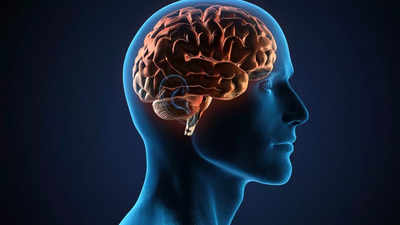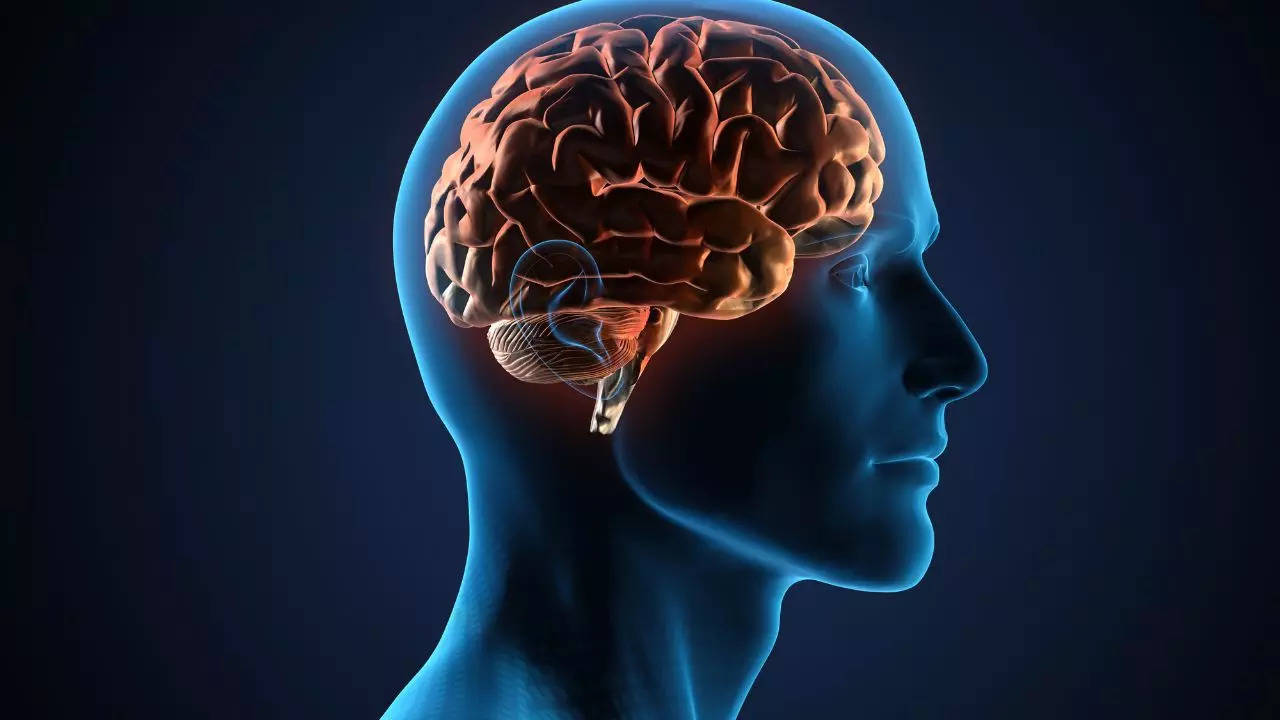Can we retrieve memories from a dead person’s brain? Discover the science and challenges of memory recovery
When a person dies, more than just their physical belongings remain behind; there are memories, experiences, and perspectives that can never be returned. These non-physical components of a person’s life form the essence of who they are, but after a person dies, their memories appear to disappear along with them. The question thus arises: would it ever be possible to retrieve the memories that exist in a deceased person’s brain? This may seem like science fiction, but what neuroscientific discoveries imply is that it could theoretically unlock the secret to retrieving memory, which would never be feasible given the complexities of the human brain.
Retrieving memories from the brain after death; know science behind it
How it would feel to be able to recall the memory of a loved one even after that person has passed away-the concept sounds science fiction, but researchers in the realm of neurotechnology have evinced an interest in this possibility and believe it is feasible despite the gigantic hurdles that are to be crossed.
Memories in the human brain are a result of some process involving neurons. According to neuroscientist Don Arnold at the University of Southern California, memories are “encoded by populations of neurons to create ‘engrams,’ physical traces of memory in the brain. These biological storage devices, known as engrams, are used for our memories. Both short-term and long-term memories originate from the hippocampus, which is a part of the brain, but other parts, such as the parietal lobe, provide sensory details. Scientists have been able to locate engrams in animals but it is much more challenging in humans since their brains are far more complex.
Why is retrieving memories from the brain of the deceased so challenging?
Retrieving memories from a deceased brain presents many challenges. First, scientists would have to identify exactly which neurons correspond to a particular memory. But the problem is, memories are not static; they change over time and can relocate between different areas of the brain, making it more difficult to identify. According to Arnold, “memories are dynamic, so their location within the brain isn’t fixed either.”.
Second, memory is fundamentally reconstructive. University of California memory specialist Charan Ranganath notes that memories are commonly broken apart. We generally don’t recall events entirely when recalling them, but instead we have bits of memory of those experiences. Therefore, even if the scientists had direct access to neurons related to a memory, reconstruction of that actual memory would not be feasible.
The tools necessary for accurate mapping and retrieval of memory do not currently exist within modern neuroscience. The success of such a feat would demand brain scans be continually carried out in combination with highly detailed tracking of one’s memories across the individual’s lifetime. “It is more of interpretation rather than an automatic recording,” explains Ranganath of how memory functions are a perception of what occurred.
How does memory consolidation affect memory retrieval from the deceased?
Memory consolidation is a process in which memories stabilize with time. It is a process wherein the neural networks that support the memories change and memories themselves move to different places in the brain. This fluidity makes any attempt to pinpoint and retrieve a specific memory from the dead much more complicated. The engram, which houses the neurons connected with a memory, is not a perfect recording of the memory itself. It is just the storage location for the memory, and finding it may not lead to a complete recollection of the event.
Memory is not an accurate reproduction of the past but rather a reconstruction, where pieces and parts of events are remembered and the brain fills in the rest with whatever knowledge it already possesses. A good example would be a person who remembers attending his or her fifth birthday party but cannot remember every detail of it, like who was present or what the weather was. This partial and reconstructed nature of memory further complicates the possibility of fully retrieving a deceased person’s memories.
Challenges in memory retrieval technology and the limitations of current neuroscience
For now, no technology is possible to map and retrieve human memory. In the best-case scenario, still even with such data, a memory might be difficult to replicate because it does not sit motionless. End. Although retrieving the memories after death is a great idea, with current technology it is quite far from being produced.At present, one’s memories of a life live within him or her, and when this person dies, those memories are lost in perpetuity. The only other way to essentially save a person’s legacy now is through photographs and stories.
Also Read | What is ‘blood moon’? The science behind this astronomical phenomenon and when to see it
I’m Manas Ranjan Sahoo: Founder of “Webtirety Software”. I’m a Full-time Software Professional and an aspiring entrepreneur, dedicated to growing this platform as large as possible. I love to Write Blogs on Software, Mobile applications, Web Technology, eCommerce, SEO, and about My experience with Life.





